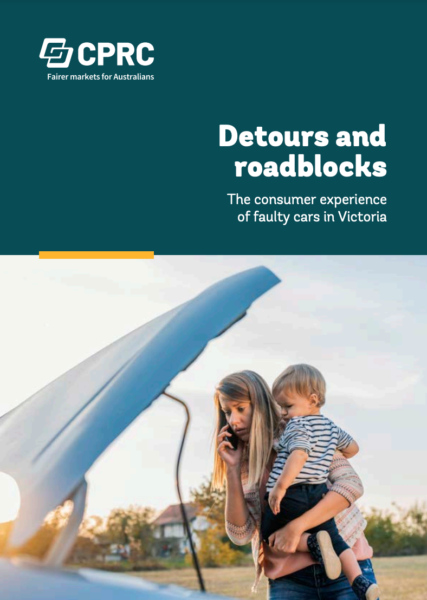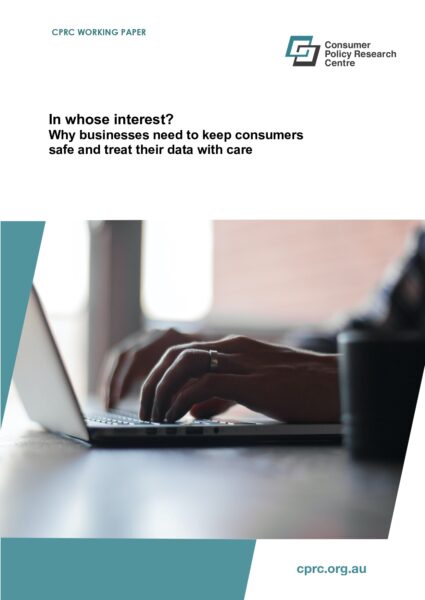February 25, 2019
The Renter’s Journey explores the rental journeys of four key segments – women aged 55 and over, young singles, low income families, and newly arrived migrants – highlighting five common challenges and presenting 10 policy implications.
Australia’s private rental system is undergoing continuing, often disruptive change. This has been occurring in a difficult economic context characterised by housing prices rising faster than typical earnings, incomes effectively stagnating (or falling behind housing and other costs), and growing income inequality. After a long-term focus on house prices, political and media attention has turned to the cost of rental housing and risks facing people with marginal tenures. However, the voice of renters has largely been missing from policy debates, perhaps because renters are not recognised as economically significant and capable of affecting larger outcomes, or because they have not historically been mobilised as voters. Our goal is to bring renter perspectives into the centre of the policy debate, utilising a tool called consumer journey mapping, well known in the private sector as a way to improve service processes and user experience, but to date not widely used in policy analysis. By creating journey maps for renters passing through the renting process we have identified several critical pain points amenable to policy interventions.
Read full summary
October 31, 2023
Faulty cars are far too common and disrupt too many lives. This report delves deep into the repercussions of faulty cars on individuals' lives, examines the legal pathways available for those seeking remedies and explores the experience of First Nations people.

March 16, 2023
Australia’s privacy laws rely on notification and consent as the primary means of protecting consumers. The onus is on consumers to navigate complex privacy protections in a continuously complex digital economy. It is time to consider reforms that hold businesses accountable for how they collect, share and use consumer data. It is time to give regulators the power to pause and assess data practices that are causing or likely to cause consumer harm.